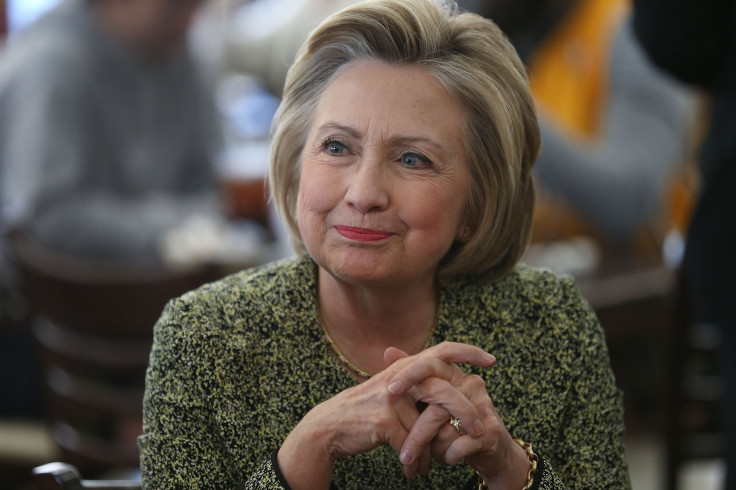Election 2016: Total Delegate Count For Republicans, Democrats Ahead Of Indiana Primary Results

The battle for delegates is on ahead of Indiana’s primary Tuesday as both Democratic and Republican presidential candidates look to gain support with less than three months before July party conventions.
On the Republican side, front-runner Donald Trump leads the delegate count with 956, followed by Texas Sen. Ted Cruz with 546 and Ohio Gov. John Kasich with 153, according to a count from the New York Times. To win the nomination, 1,237 delegates are needed. The New York businessman is hoping to pick up the supplementary 57 delegates in the Hoosier state.
Cruz told Politico Monday he was in the race for the “distance” and will compete for as long as it takes, arguing the June primary in California is pivotal ahead of the July convention in Cleveland.
“Listen, this isn’t about me. It isn’t about Donald Trump or any of the candidates. This is about our country and our future,” Cruz said. “I’m not willing to give up on the Constitution and Bill of Rights.”
On the Democratic side, former Secretary of State Hillary Clinton leads the delegate count at 2,183, compared with Vermont Sen. Bernie Sanders’ 1,406. To secure the Democratic nomination, 2,383 delegates are needed. Indiana has 92 delegates up for grabs, making it an important race for both candidates.
Sanders argued Sunday he is the better candidate to defeat Trump in a general election despite his lower number of delegates.
“It’s virtually impossible for Secretary Clinton to reach the majority of convention delegates by June 14 with pledged delegates alone,” Sanders said.
Following the race in Indiana, Republican candidates will focus on May 10 races in Nebraska and West Virginia where 36 and 37 delegates are up for grabs, respectively. Democrats will be focused on West Virginia on May 10 with 34 delegates, and Kentucky and Oregon on May 17 with 61 and 72 delegates, respectively. Both parties also have their eyes on the West Coast prize of California on June 7 with 172 Republican delegates and 546 Democratic delegates for the taking.
© Copyright IBTimes 2025. All rights reserved.






















